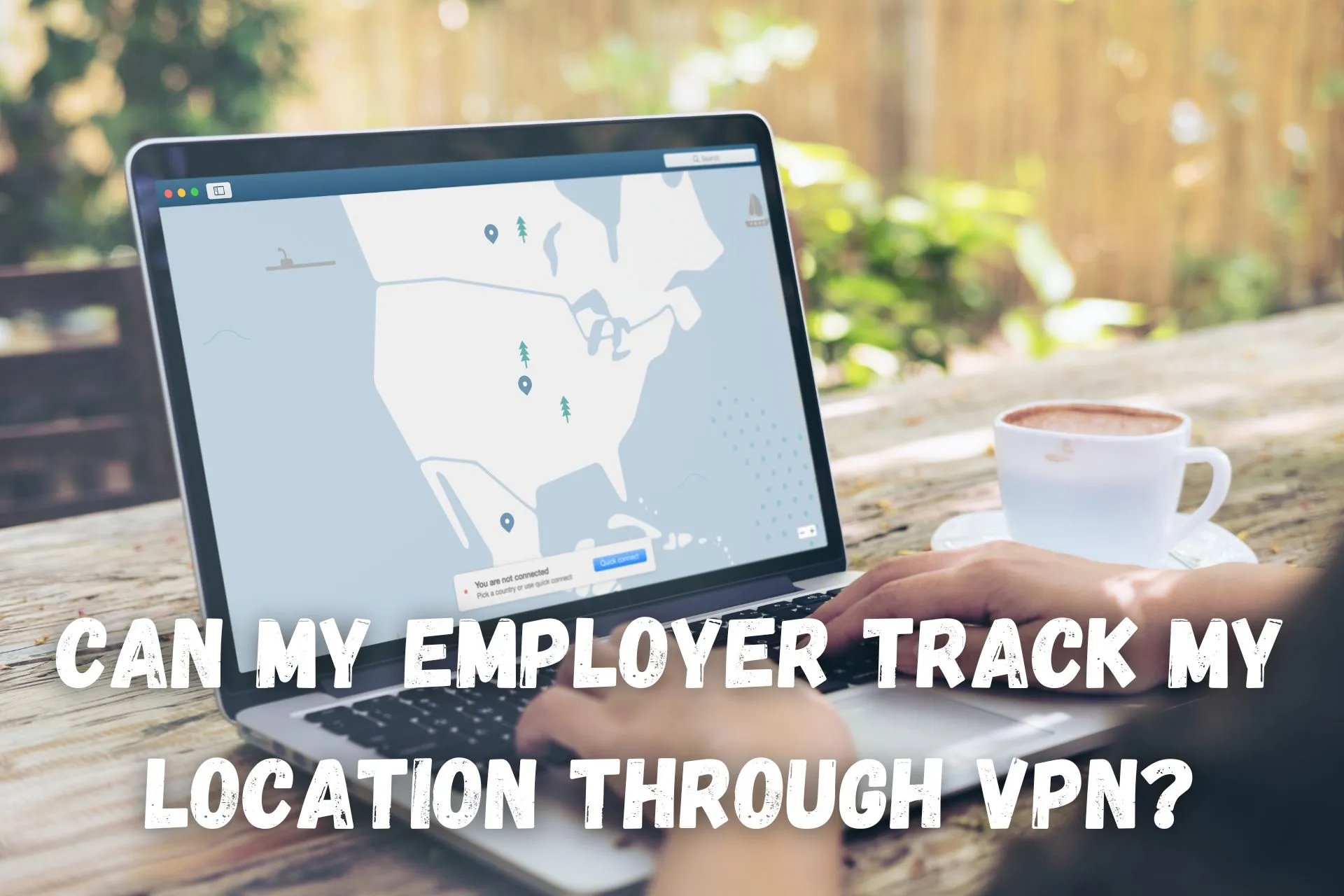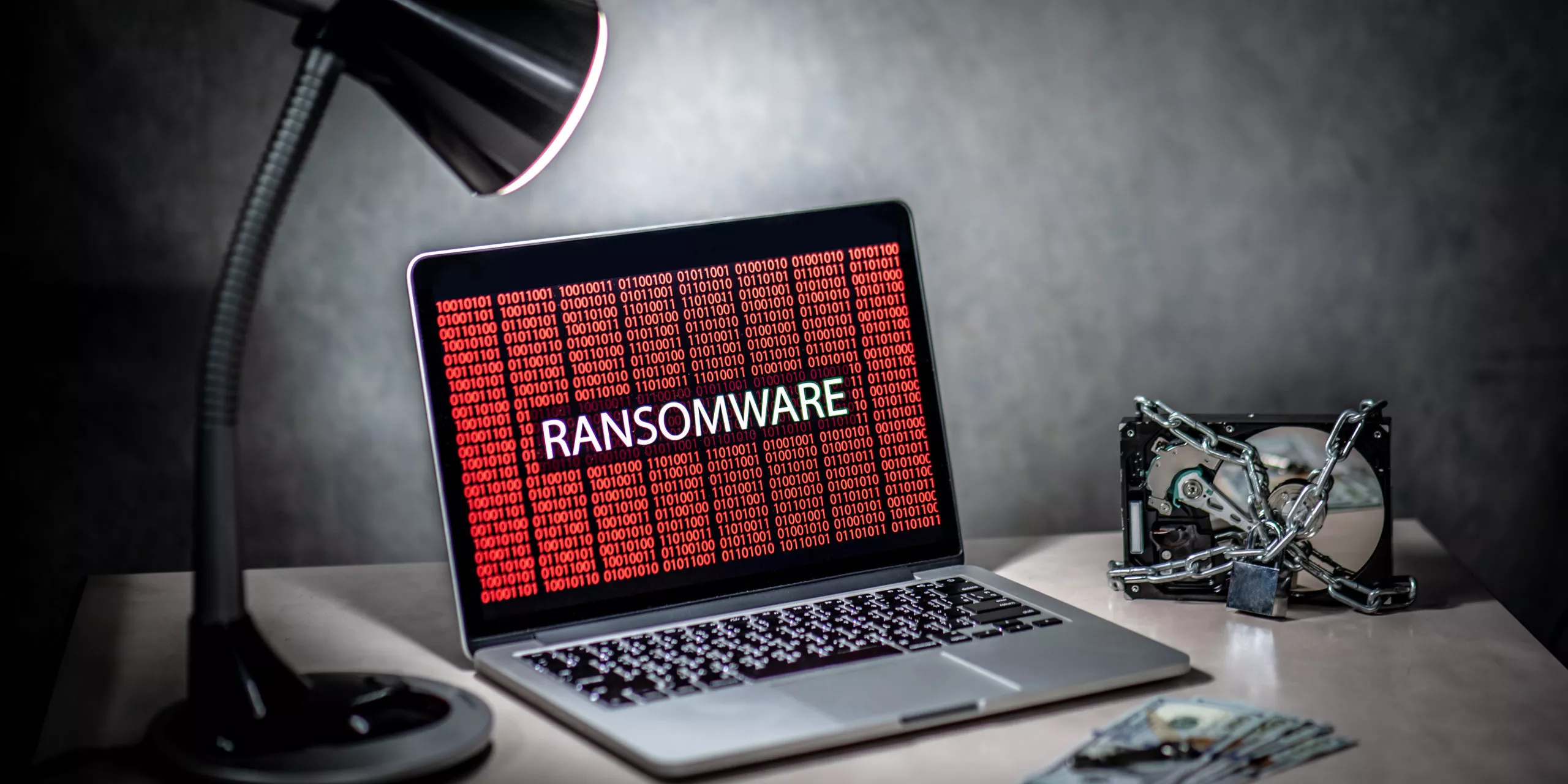Can My Employer Track My Location Through VPN?

Can my employer track my location through VPN? With the rise of remote working, many of us are connecting to the office network from home via the company VPN. This begs the question of whether employers can see where you’re working from.
A corporate VPN utilizes encryption and authentication to protect its data. However, unlike consumer VPNs, it’s meant to protect the business rather than your personal privacy.

Access content across the globe at the highest speed rate.
70% of our readers choose Private Internet Access
70% of our readers choose ExpressVPN

Browse the web from multiple devices with industry-standard security protocols.

Faster dedicated servers for specific actions (currently at summer discounts)
Since you might be using a personal device when working from home, you may also be wondering what else can your employer see, and do you need to take privacy precautions.
Let’s find out!
Can my employer track my location through a VPN?
Your location is one of several things your employer could be keeping an eye on when you’re active on the company network.
If they track your activity when you’re in the office, they’re almost certainly doing so when you’re working remotely.
Tracking over a corporate VPN
Whenever you log in, the network will treat you much the same as if you were at your workstation.
Thorugh your company VPN, employers can typically see:
- Who logged in (based on your credentials).
- Your login and logout times, I.e., session length.
- The IP address of the device used to connect to the VPN.
- Your device type, operating system, and VPN client version.
- The amount and type of data transmitted.
- The apps, software, and internal resources accessed.
- Your internet activity.
As far as location, your employer will know it based on the IP address assigned by your ISP or cellular provider. Depending on the provider, this could be as accurate as the street but is often just the general locale.
Nonetheless, your company will know if you’re away from home or far from where you’re supposed to be.
The scope of tracking varies greatly. Depending on the VPN client and software your company uses, your entire session may be embedded within a virtual desktop.
In this case, you’re only tracked within this virtual environment and can still use your regular desktop outside the VPN without fear of being monitored.
On the other hand, many employers go the opposite route and mandate additional tracking software or deploy VPN monitoring tools. This can go as far as checking what’s on your screen.
Tracking if you use a consumer VPN
What if you turn on your personal VPN before connecting to the company VPN – are you safe from being tracked by your employer?
Yes, and no.
Personal VPNs focus their encryption on your internet connection. At best, this means your internet activity is safe, including your IP address and browser history when using your personal browser.
This can hide your real geographic location, but if you’re trying to fool your workplace, you need to consider exactly what location the VPN is showing.
Furthermore, because most corporate VPNs enforce user login credentials, your employer still knows it’s you who connected to the company network even if your IP is in Bermuda.
Likewise, your employer can see your browser history if you use the virtual desktop version of the browser.
Another tracking method that doesn’t rely on IP or even unique credentials is user fingerprinting.
This is created by collecting information about the device, its operating system and settings, browser version, time zone, screen resolution, and other characteristics.
If the bulk of these characteristics shows up across different sessions, your organization will know it’s the same user.
Tracking over a company-issued device
If you get a company laptop or device for remote working, it’s even more likely you’re being tracked. Not only does the company control the network, but it also controls all the software on the device and has access to its data when handed back.
Some will even come pre-bundled with management and tracking software that records data and sends it to the company over the internet.
The very act of trying to get around tracking on company devices could be a disciplinary issue.
Of course, every employer is different. The size of the company and the field you’re in will influence the degree to which your activity is monitored. Employers are also supposed to be transparent about how it’s done.
How can your employer track your location?
Your IP address is key for employers to track your location, but there are other methods that are becoming common too.
Jobs that heavily rely on location have their own methods, such as cell phone triangulation or vehicle GPS. However, the average remote office worker must consider the following:
GPS location tracking
Employers can use special GPS tracking software to monitor the location of company-owned devices, such as smartphones or laptops.
They can also track your personal devices when connected to the company VPN via the built-in GPS location service found on Android, iOS, and some web browsers.
While you can turn this feature off or spoof your location with a consumer VPN, it’s more difficult if the software is pre-installed on your company laptop.
Wi-Fi tracking
Wi-Fi tracking software can detect and record the MAC addresses of nearby Wi-Fi networks. These addresses can then be used to determine the device’s whereabouts by comparing them to a database of known Wi-Fi network locations.
Moreover, smartphones and laptops have the ability to automatically connect to known Wi-Fi networks when on the move. Employers can track the device’s location by monitoring which Wi-Fi networks have been in use and when.
Will my company VPN work in another country?
Whether your company VPN will work in another country largely depends on the VPN’s configuration and the international internet policies of the destination country.
Most companies design their VPNs to work globally, ensuring employees can securely access internal networks from anywhere.
However, some countries have strict internet access regulations that might affect VPN connectivity.
It’s advisable to check with your IT department regarding the VPN’s international usability and any potential restrictions in the country you’re traveling to.
Conclusion
So, can my employer track my location through VPN systems that facilitate remote work? Absolutely! Along with lots of other data too.
A personal VPN might limit their ability to monitor your web activity and track your real location. However, since there are many other methods, it might be more hassle than it’s worth.
Read our disclosure page to find out how can you help VPNCentral sustain the editorial team Read more






User forum
0 messages